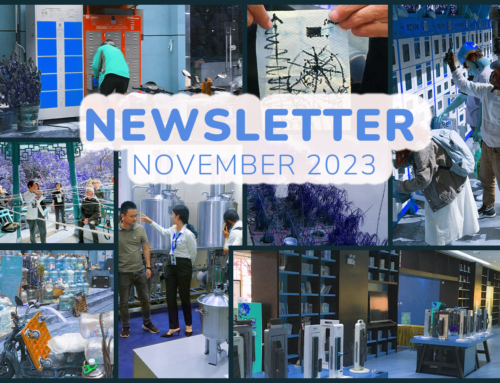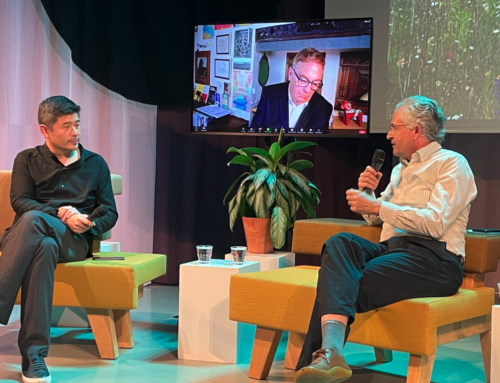(Inez, South Korea) My campaign to lighten up the global economy,as a key aspect of the transition to sustainability, suffered two morale-sapping reality-checks this week. Firstly, UNCTAD announced that the weight of cargo carried on the world’s sea lanes rose 4.5 percent in 2004, and the capacity – aptly named deadweight – of all vessels now available is nearly 900 million tons. That’s the equivalent of 500 million SUVs floating around the planet on ships at any one time. The second reality check – although it feels somewhat unreal – is the Incheon Free Economic Zone (Inez) in South Korea. Yeongjongdo, the logistics centrepiece within the zone, is conceived as a new logistics hub between Northeastern Asian economies and Eurasia. Freight terminals covering 660,000 square meters have already been been built, with more to follow. Incheon International Airport itself has gobbled up 20,000 acres of land once support areas are included. On my trip into Seoul, a few days ago, I didn’t even notice, because it is so broad, the six-lane bridge, 14.6 kilometers long, that has just opened. Also impressive, if scary, is Songdo Intelligent City, the world’s largest privately-run urban development project. It is growing fast into an international business district that features knowledge-based information technology industrial complexes, including the Techno Park, digital entertainment cluster and bio-industry complexes. Less than ten percent of the 125 million square feet development is reserved for public space: the project is “focused on free trade and international business”, not on livability.

